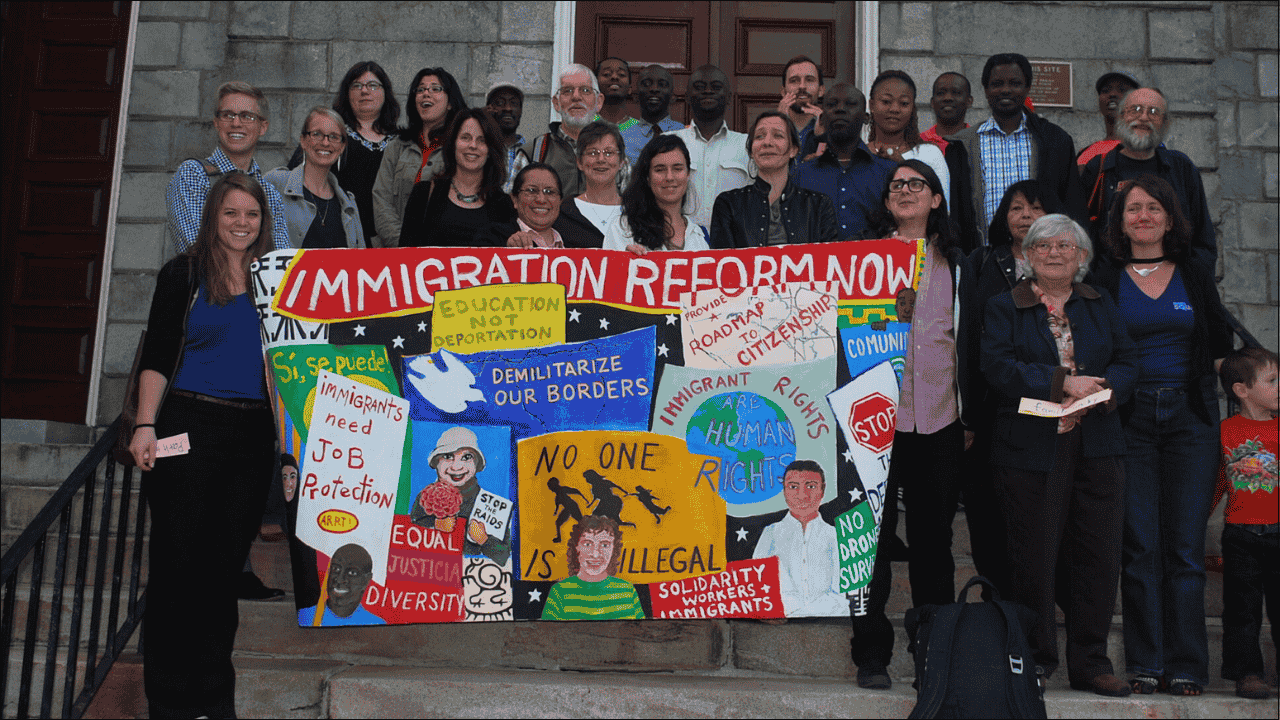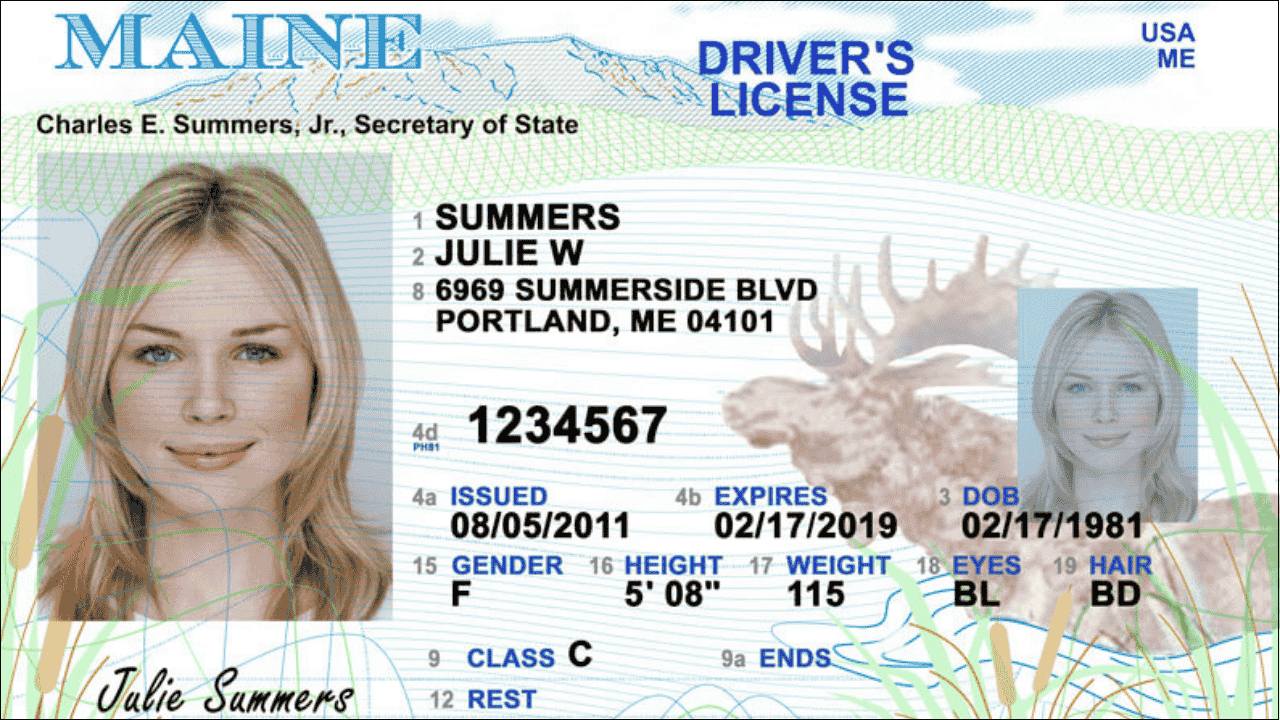
Raising children while adjusting to a new country can be challenging, especially for immigrant parents trying to manage jobs and family life. Central Maine has seen a steady rise in immigrant families in recent years, which has created a strong need for accessible and culturally respectful child care options. Many parents in this region face language barriers, lack of transportation, and unfamiliarity with the American child care system.
Table of Contents
Available Child Care Programs in Central Maine
Several local programs provide child care support with flexible hours, language assistance, and financial help.
- Head Start Programs
- Early childhood education for low-income families
- Operated by agencies like KVCAP (Kennebec Valley Community Action Program)
- Supports English learners and includes meals, health checks
- Early Head Start
- Targets children from birth to age 3
- Offers home visits and center-based care
- Encourages parent involvement
- YMCA Child Care Services
- Located in cities like Waterville and Augusta
- Provides full-day care, after-school programs, and summer camps
- Sliding scale fee structure helps low-income families
- Public Pre-Kindergarten
- Found in many school districts such as Lewiston and Auburn
- Free for children aged 4
- Prepares children for kindergarten with structured routines
Key Challenges Faced by Immigrant Parents
Immigrant families often deal with difficulties that can delay or prevent access to proper child care.
- Language Barriers
- Trouble understanding registration forms and program rules
- Limited access to interpreters
- Financial Struggles
- High cost of private care options
- Many parents work multiple jobs or night shifts
- Lack of Information
- Newcomers unaware of available resources
- Confusion about eligibility and documentation
- Transportation Issues
- Long distances to care centers without access to a car
- Inadequate public transportation in rural areas
Organizations Offering Support
Many community-based organizations have stepped in to support working immigrant parents.
| Organization | Services Provided |
|---|---|
| Kennebec Valley Community Action Program (KVCAP) | Head Start, Early Head Start, transportation, financial counseling |
| Catholic Charities Maine | Case management, interpretation, child care referral, refugee services |
| Community Concepts | Child care subsidies, home-based child care training, Head Start |
| Mid-Maine Homeless Shelter & Services | Emergency care for children of working homeless families |
| Maine Immigrant and Refugee Services (MEIRS) | Translation, job training, parental guidance, family outreach |
Government Assistance Programs
Government agencies offer support programs to help ease the burden of child care costs and logistics.
- Child Care Subsidy Program (CCSP)
- Managed by the Department of Health and Human Services (DHHS)
- Helps pay part of the child care cost
- Available for income-eligible working parents
- Temporary Assistance for Needy Families (TANF)
- Offers monthly cash benefits
- Includes child care support and job training
- Women, Infants, and Children (WIC)
- Provides healthy food, nutrition education, and support for families with children under 5
Types of Child Care Options in Central Maine
Different types of child care services help parents choose what works best for their schedule and needs.
| Type of Care | Details |
|---|---|
| Licensed Child Care Centers | Structured environment, educational curriculum, often more costly |
| Family Child Care Homes | Home-based, fewer children, more flexible hours |
| Informal Care | Relatives or neighbors, usually unlicensed but trusted by families |
| After-School Programs | Operated by schools or nonprofits, helps working parents with older children |
| Drop-In Care | Temporary care without long-term commitment, limited availability |
Language-Friendly and Culturally Inclusive Programs
Some centers in Central Maine focus on making immigrant families feel welcome.
- Bilingual Staff
- Programs like KVCAP and Lewiston Public Schools hire staff who speak Somali, French, Arabic, and Spanish
- Cultural Activities
- Meals include familiar foods
- Celebrations of holidays from various cultures
- Parent Engagement
- Staff regularly hold meetings with interpreters
- Materials are translated into multiple languages
Useful Tips for Immigrant Parents
Simple steps can help parents better navigate the child care system.
- Ask Questions
- Talk to social workers or school staff about available programs
- Visit Centers
- Look for clean, safe spaces with friendly staff
- Check for Licensing
- Maine’s Office of Child and Family Services lists licensed centers online
- Use Community Help
- Rely on local immigrant groups to share referrals and experiences
- Apply for Subsidies Early
- Waiting lists can be long, so early application is important
Cost and Financial Aid Overview
Child care costs vary, but several programs help reduce expenses for eligible families.
| Care Type | Average Monthly Cost | Subsidy Available? | Special Notes |
|---|---|---|---|
| Licensed Child Care Centers | $900–$1,200 | Yes (CCSP) | May include meals and learning materials |
| Family Child Care Homes | $600–$900 | Yes (CCSP) | Smaller group size, flexible scheduling |
| Informal/Relative Care | Varies | No | Not eligible for state subsidies |
| Public Pre-K | Free | Not needed | Available only for 4-year-olds |
| YMCA Programs | $400–$700 | Yes (limited) | Some scholarships for low-income families |
Future Opportunities for Expansion
Organizations and government agencies are working to expand child care support.
- Plans for New Centers
- KVCAP and Community Concepts planning to open more classrooms
- Training for Multilingual Providers
- Encouraging immigrants to become licensed caregivers
- Grants for Culturally Inclusive Programs
- State and federal grants aim to support centers with inclusive curricula
- Digital Tools
- Child care locator maps and multilingual websites being developed
The Way Forward
Child care remains a vital need for working immigrant parents in Central Maine. Reliable and affordable options are necessary to help families thrive and allow parents to focus on building their lives. A growing network of community groups, government programs, and caring educators is working to fill the gaps. Better outreach, funding, and cultural sensitivity can make the system more inclusive and effective for every family seeking a better future in Maine.





